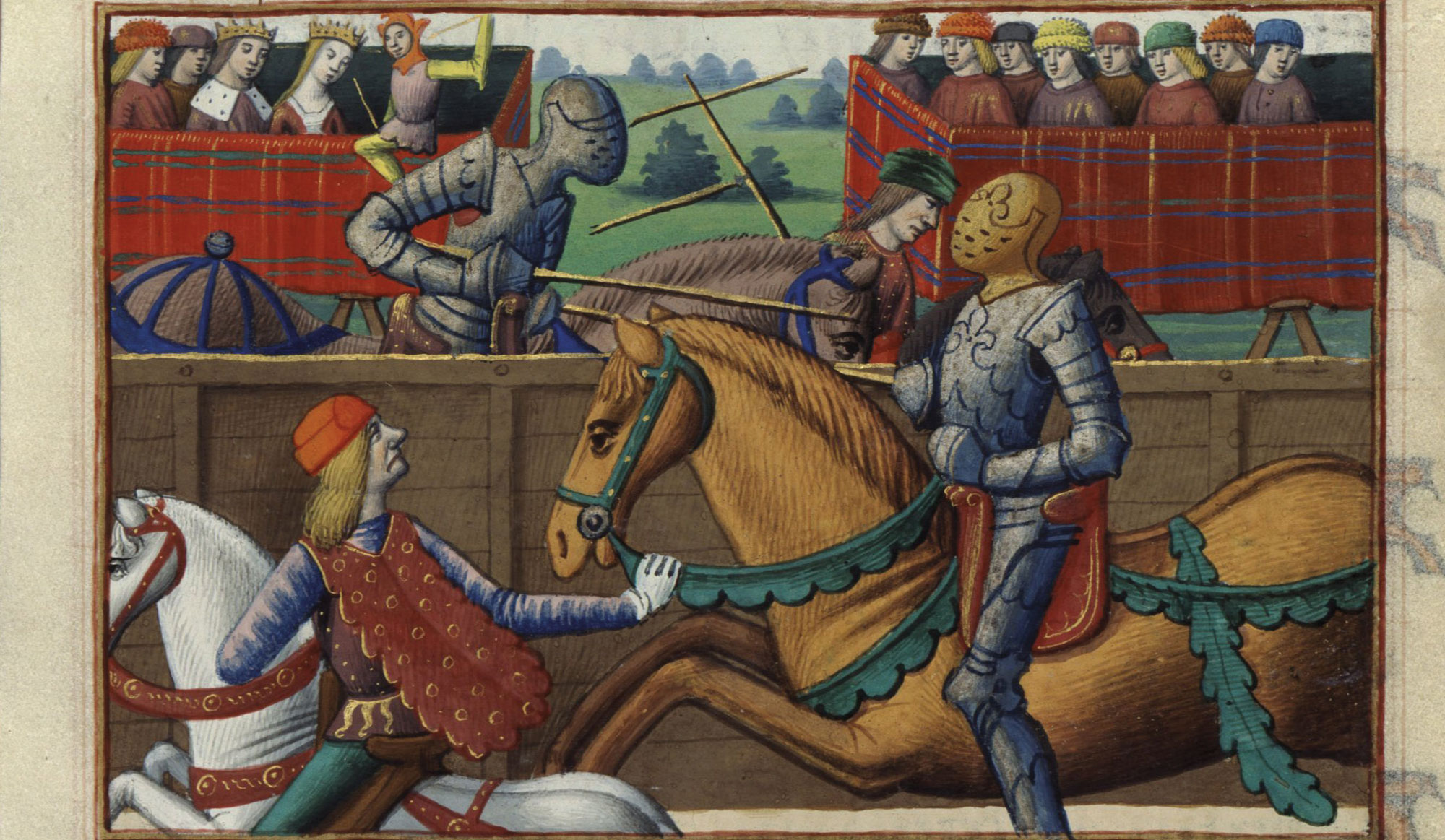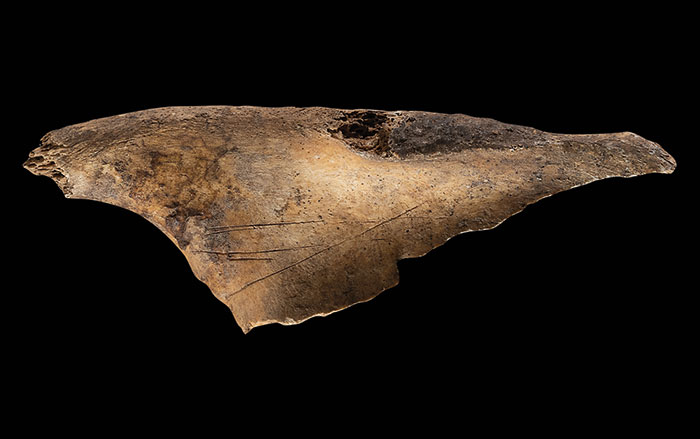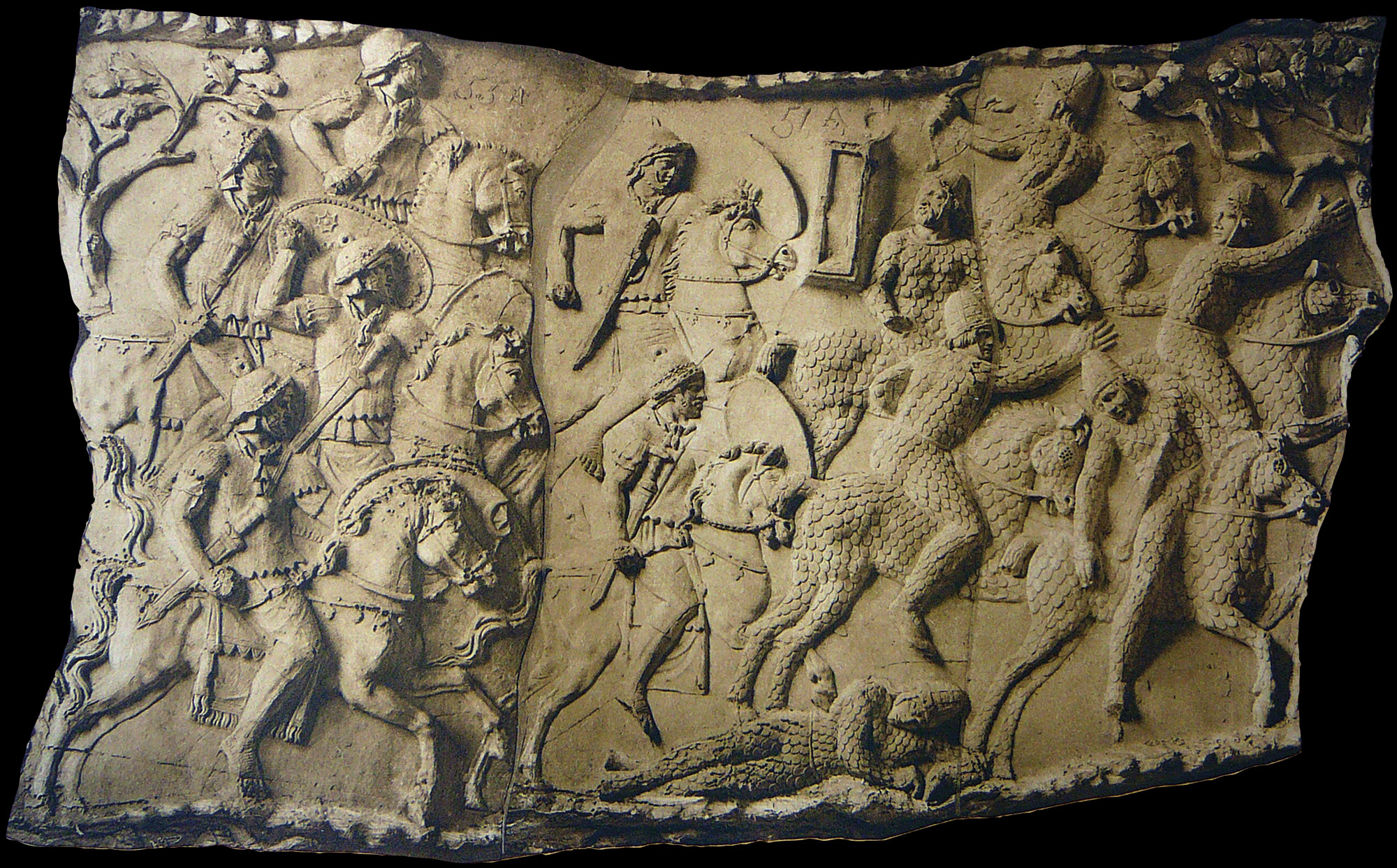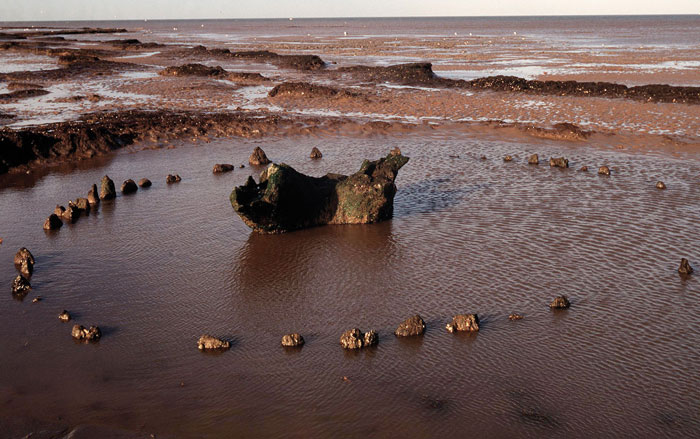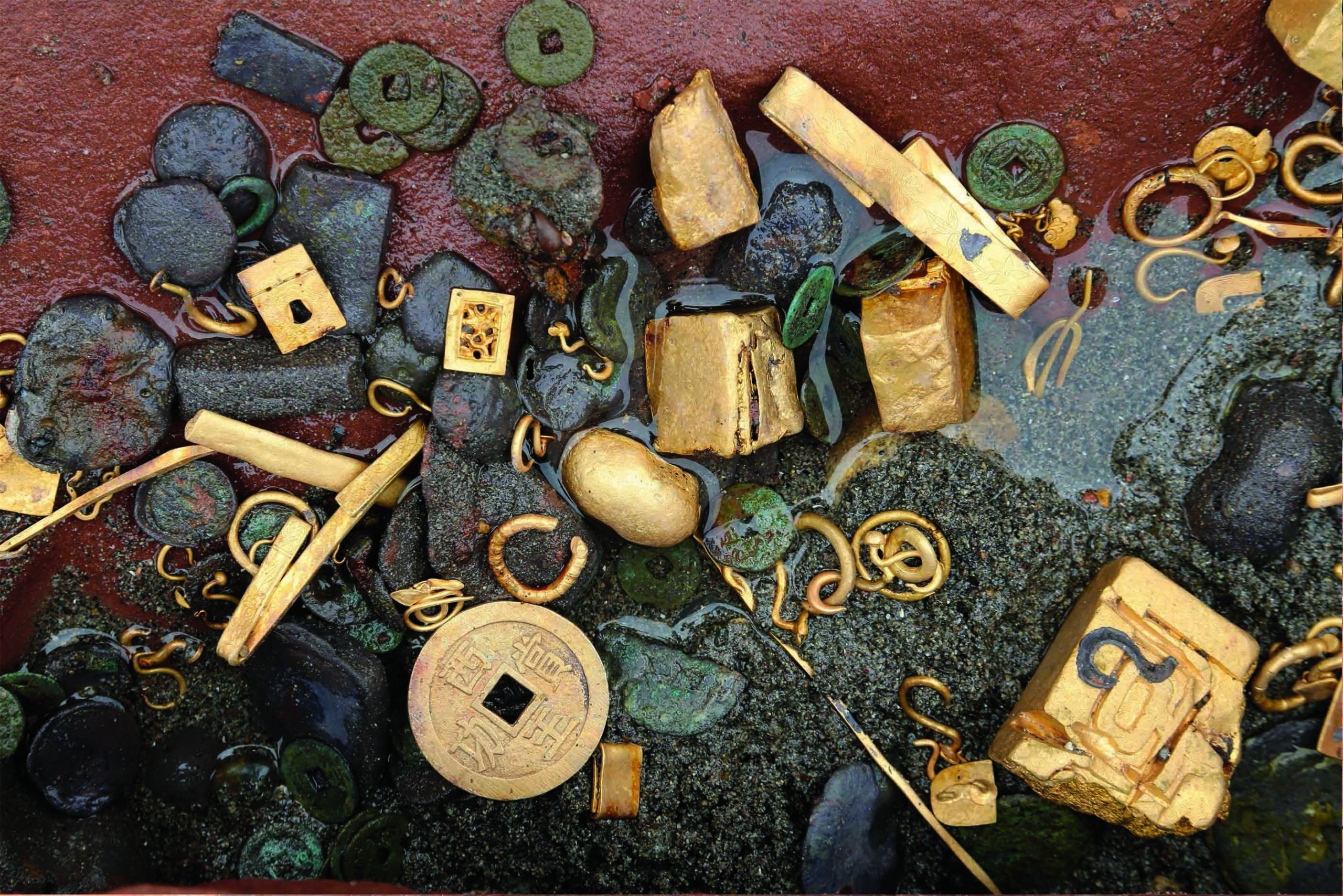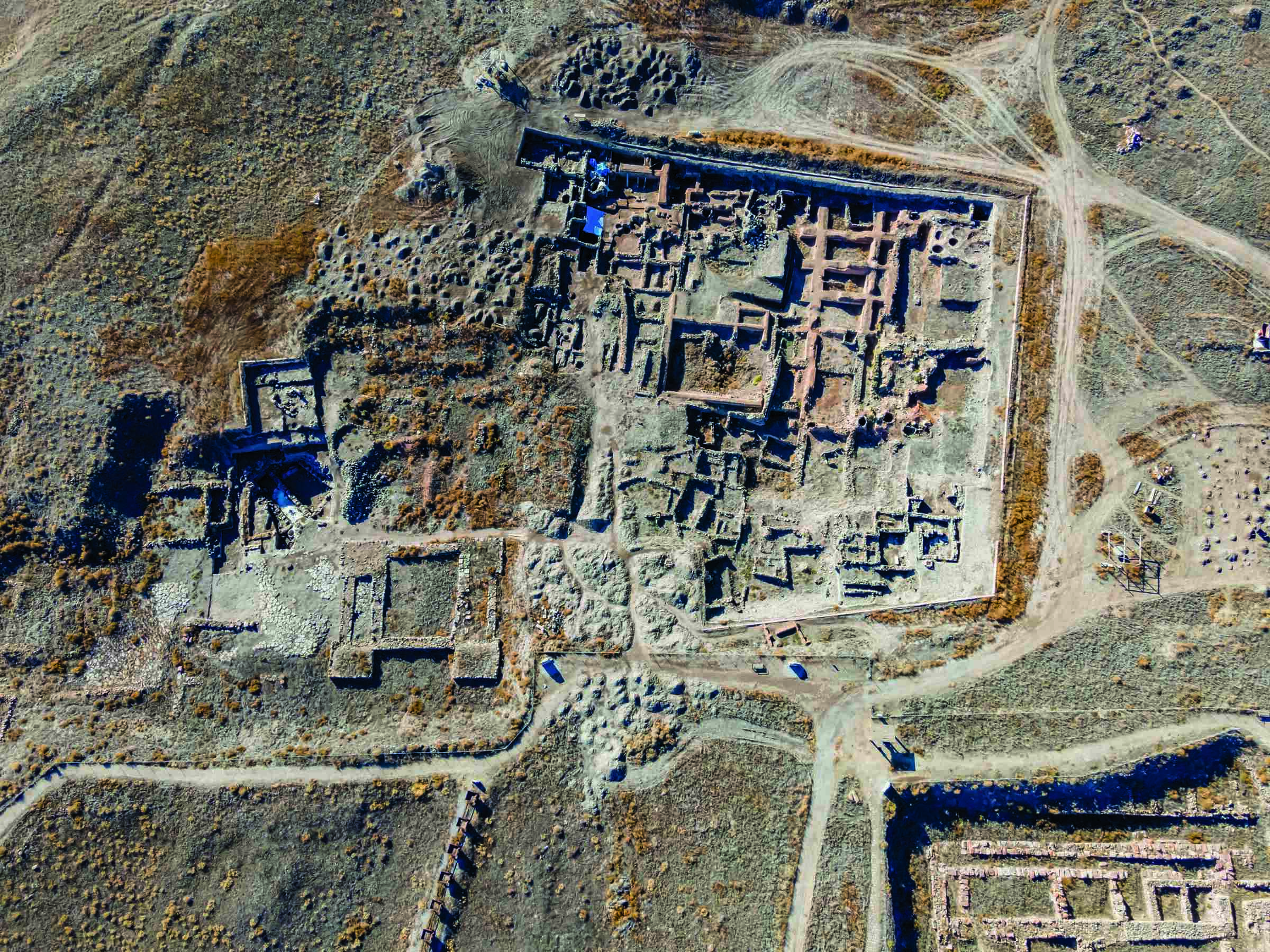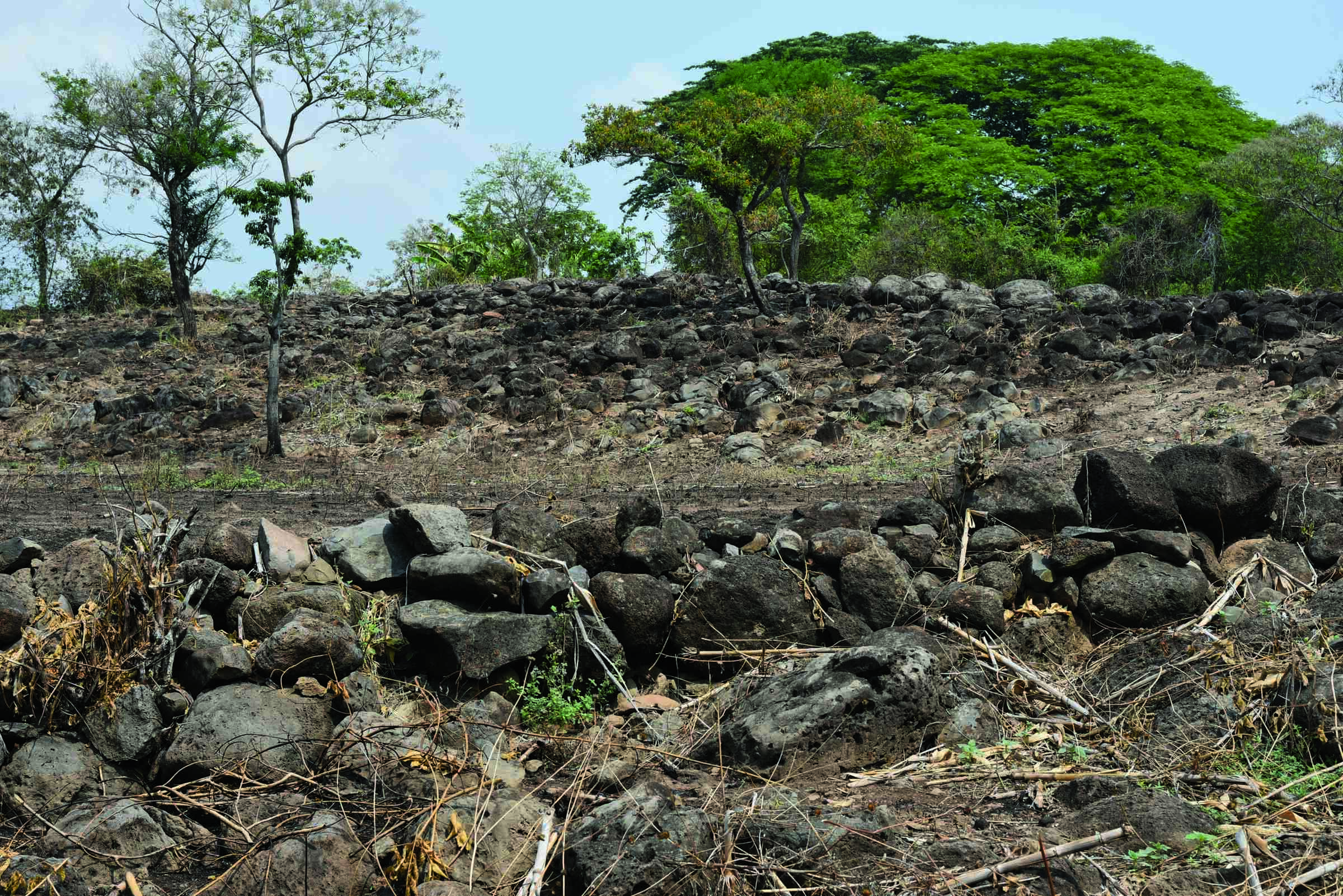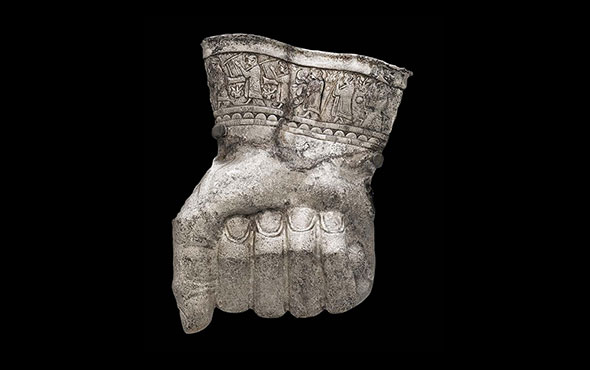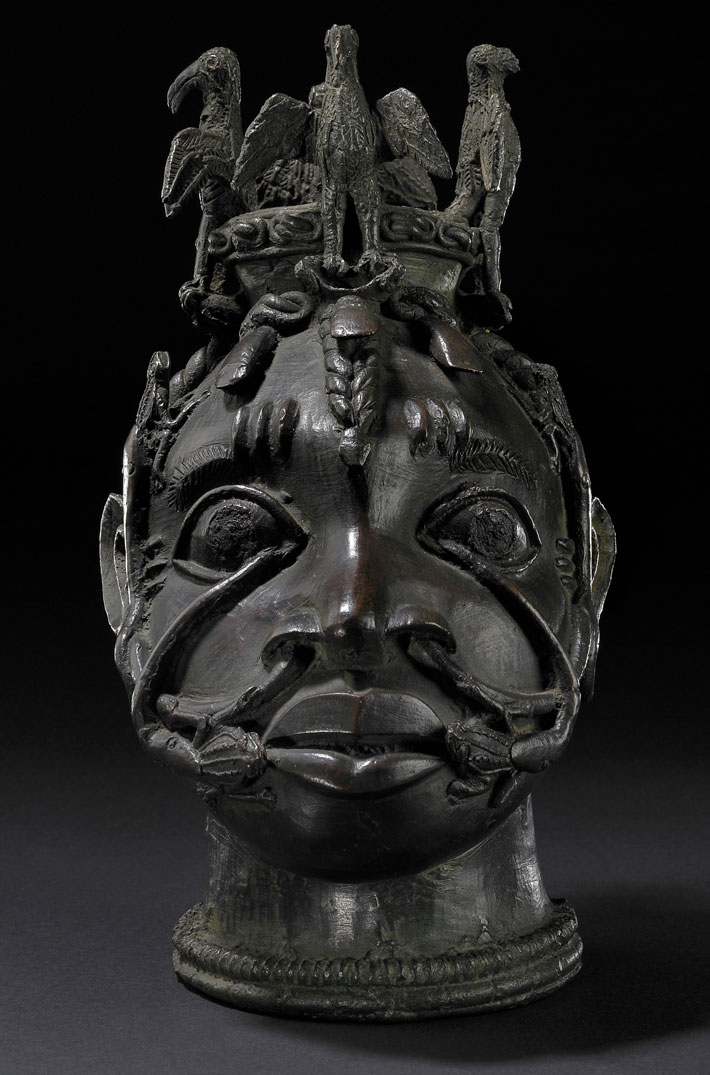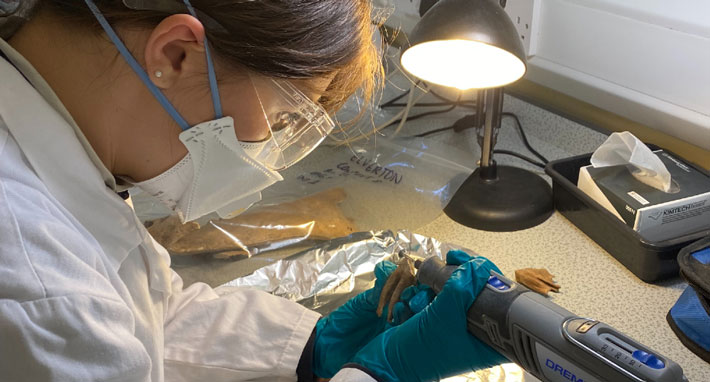
EXETER, ENGLAND—According to a statement released by the University of Exeter, a team of researchers used isotope analysis to determine the origins of horses that were imported to Tudor-era England for jousting tournaments and as signifiers of the owners' elite status. The equine skeletons, many of which were well above average size, were uncovered during construction investigations almost 30 years ago at an animal cemetery that would have originally been located outside the walls of medieval London near the royal complex at Westminster. The researchers took samples from the teeth of 15 horses and measured the isotopic ratios of oxygen, carbon, and strontium. They found that at least half of the horses came from locations in Scandinavia, the Alpine region, and other locations in northern and Eastern Europe, though not from known horse-breeding hubs such as southern Italy and Spain. “The chemical signatures we measured in the horse’s teeth are highly distinctive and very different to anything we would expect to see in a horse that grew up in the UK,” said University of Exeter archaeologist Alex Pryor. “Representatives for the King and other medieval London elites were scouring horse trading markets across Europe seeking out the best quality horses they could find and bringing them to London. It’s quite possible that the horses were ridden in the jousting contests we know were held in Westminster, close to where the horses were buried.” Read the original scholarly article about this research in Science Advances. To read about the discovery of Henry VIII's jousting yard on the grounds of Greenwich Palace, go to "Joust Like a King."


